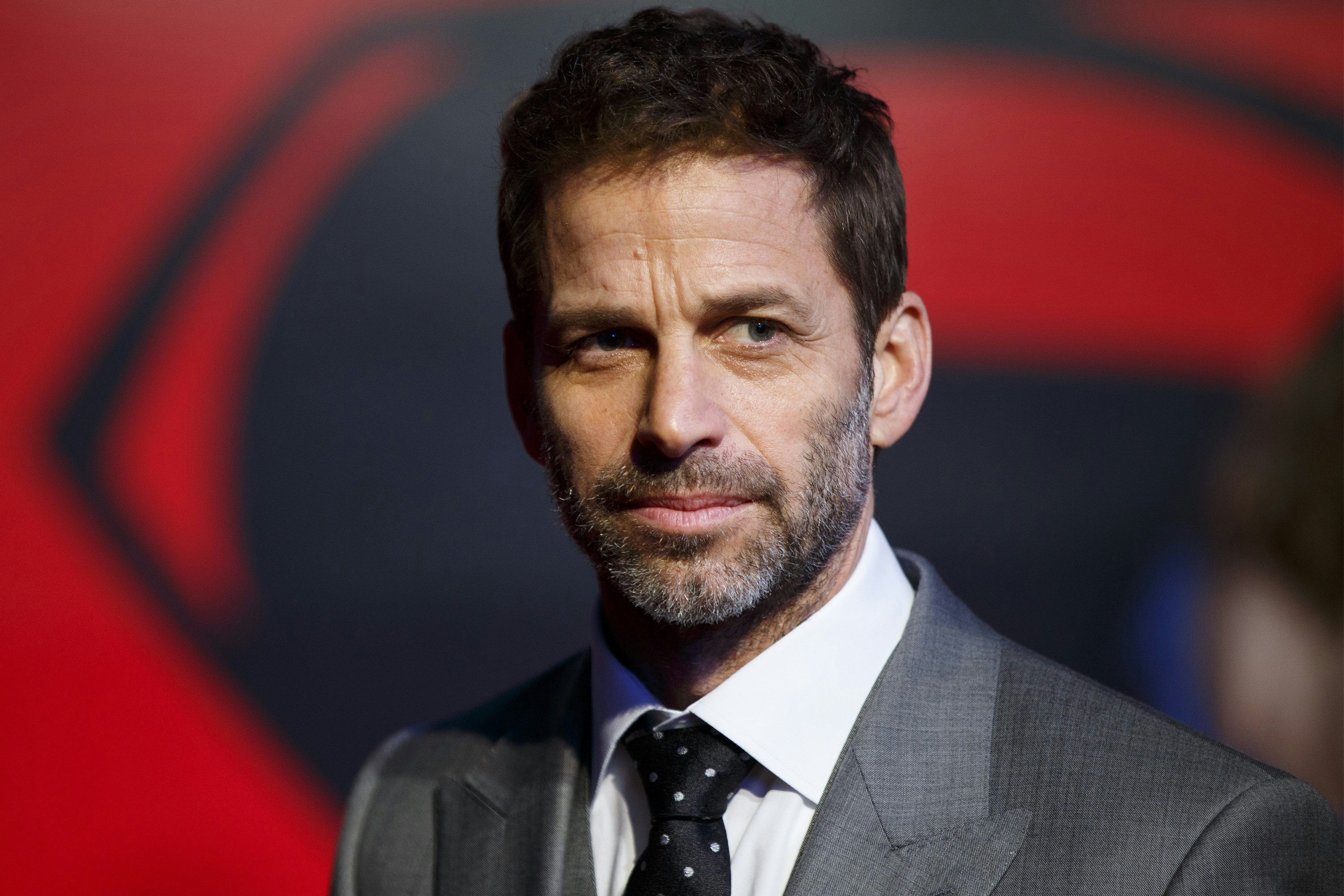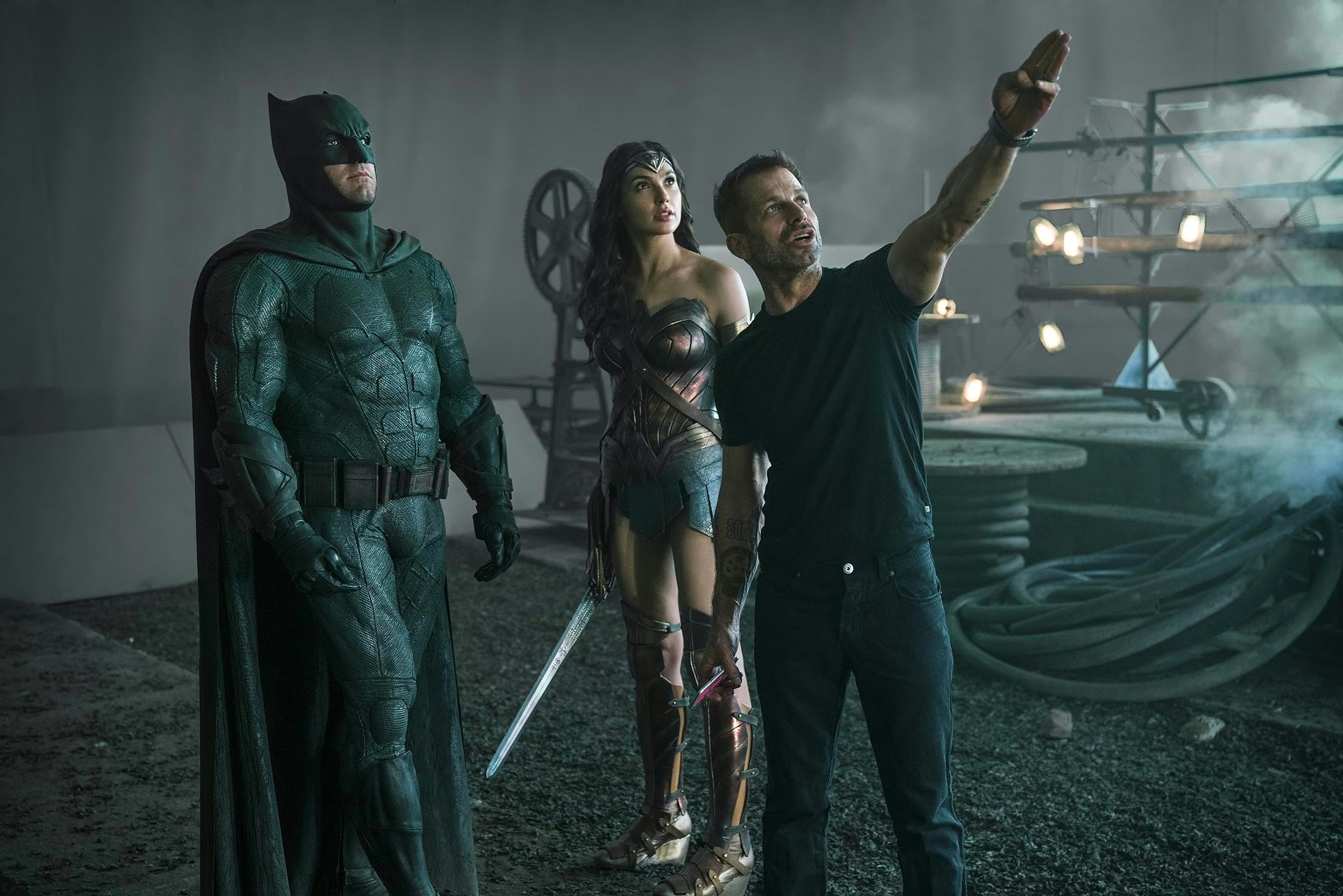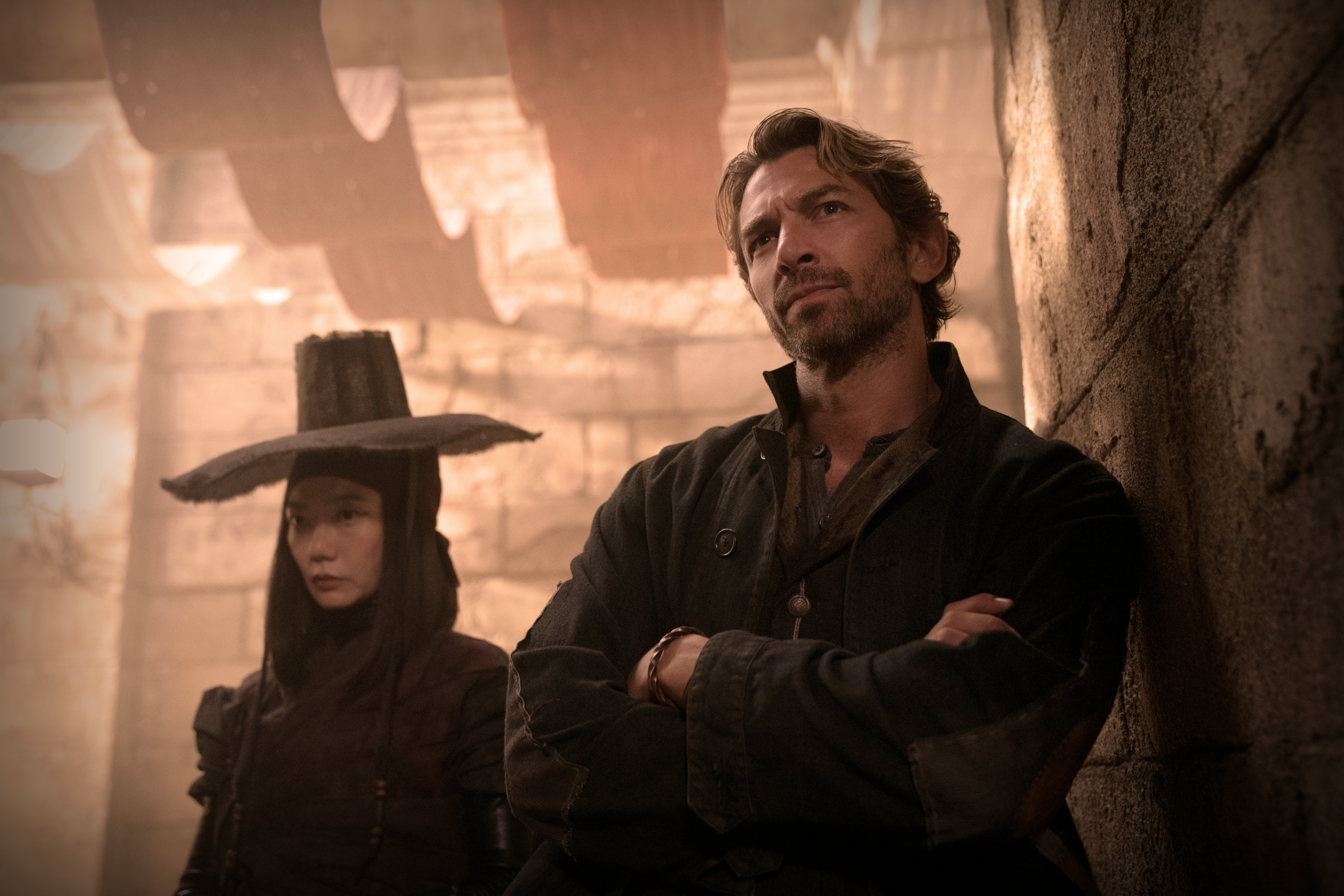
As prolific as it’s become in recent years, the Star Wars franchise rarely takes big creative swings. We learned this the hard way with word of Guillermo Del Toro’s now-shelved Jabba the Hutt movie, and the conversation feels increasingly inescapable as Zack Snyder’s Rebel Moon creeps closer to its December release. The two-part space epic was originally pitched as a unique chapter of Star Wars’ ever-expanding story, but once Disney acquired Lucasfilm in 2012, Snyder had to explore that world in a universe of his own making.
Snyder was “bummed” Lucasfilm turned down his pitch, but his wife and producing partner, Deborah Snyder, saw it as a blessing in disguise. “She never wanted [Rebel Moon] to go to Lucasfilm,” Zack Snyder recently told The Hollywood Reporter. “When it fell apart, she was like, ‘This is the best thing that could have happened to you ... You think you have a hard time with DC? You think you’re mad at them because they won’t let you do what you want? What do you think Star Wars is going to be?’”
The less said of Snyder’s tumultuous tenure with Warner Bros. and DC, the better. While the filmmaker was instrumental in developing the distinct look and tone of the DCEU, their partnership didn’t end on the best of terms. Per Deborah Snyder, striking a darker tone with films like Man of Steel was an uphill battle. Given how protective Disney is of its own identity, Rebel Moon probably would have been a very different story with Lucasfilm.

Snyder has since moved on from that rejection. When asked if he’d ever try for another Star Wars pitch in the future, he didn’t seem interested at all. “Nah, I don’t think so,” he told THR. “Those guys have a handle on the brand.”
His comments touch on an issue that’s plagued Lucasfilm and Disney for some time. Strong-willed directors don’t typically pair well with the company, across any of its subsidiaries. Marvel lost “auteurs” like Edgar Wright to creative disagreements, while Lucasfilm let go of certain filmmakers when their vision wasn’t up to snuff.
Currently, Marvel alum Taika Waititi is still set to make his own mark on the Star Wars saga, with a film he assures will skew close to his personal brand, for better or worse. But how will that stand up against Lucasfilm’s well-maintained tone? Will the maker of the beloved Thor: Ragnarok (and its polarizing follow-up, Love and Thunder) be able to bring his unique voice to his yet-untitled Star Wars project? More importantly, is Star Wars even receptive to unique voices anymore? Has it ever been?

The Star Wars saga wouldn’t be what it is today without one director’s unique vision. George Lucas changed the game with his unique spin on traditional myth and international influences. Star Wars became a melting pot of ideas, but lately, the franchise has stumbled more than it’s soared. Competing creative visions are only half the battle, but Lucasfilm hasn’t always been open to fresh perspectives, especially when they’ve produced such middling results.
It’s been years since a new Star Wars movie has made it past production purgatory. The franchise has instead put all of its energy into developing series like The Mandalorian. Perhaps this is the format where Lucasfilm actually thrives, and where it can enlist a revolving door of directors — Waititi included — so long as they adopt the franchise’s house style. There’s nothing really wrong with a unified, serialized vision (it’s worked for Star Trek, after all), but that’s not exactly fulfilling for directors like Snyder. He made a wise choice in sticking to his own path: Disney’s sandbox isn’t for everyone, and the faster his contemporaries realize that, the faster we can get to stronger, original stories in other creative avenues.







